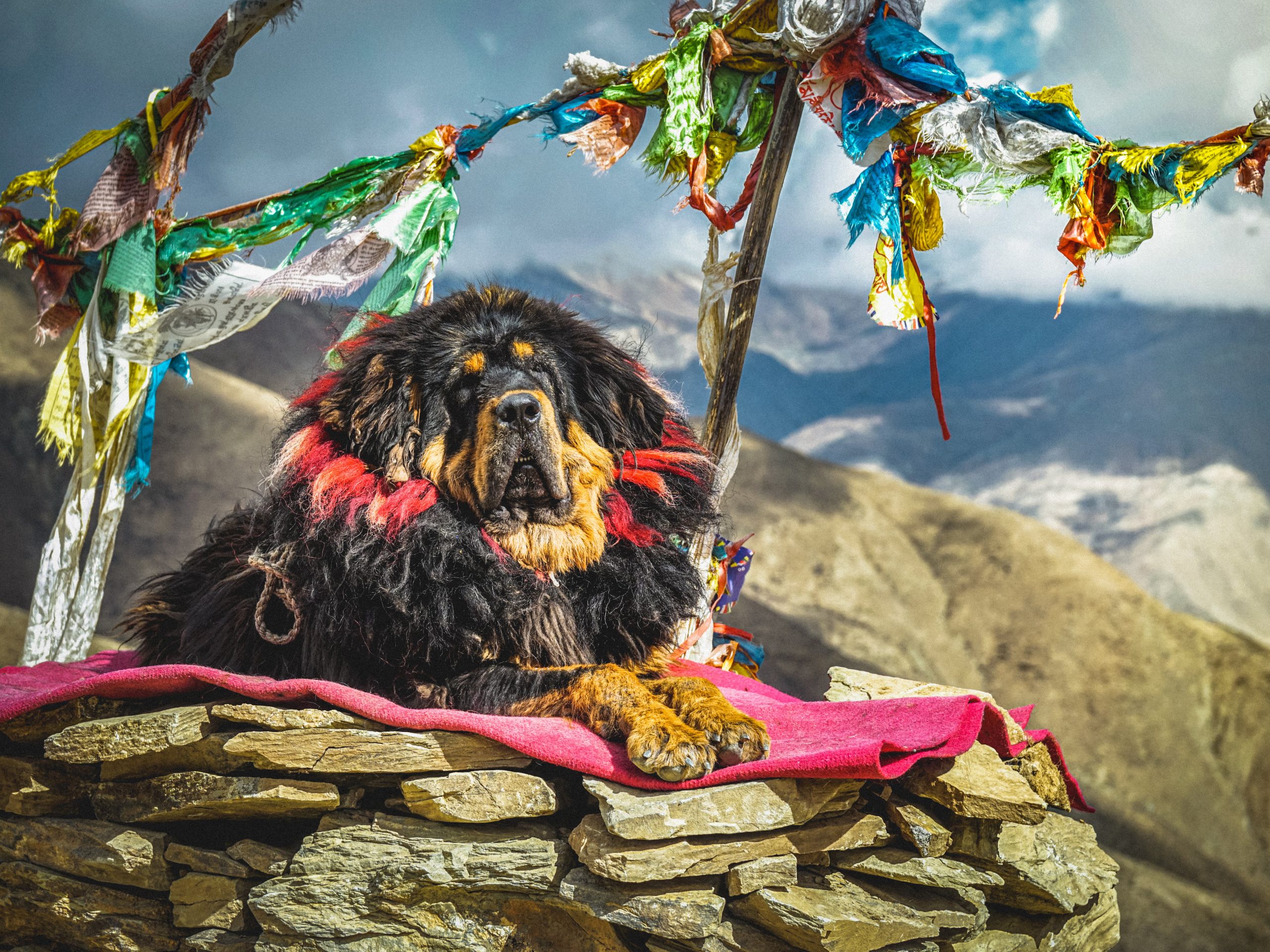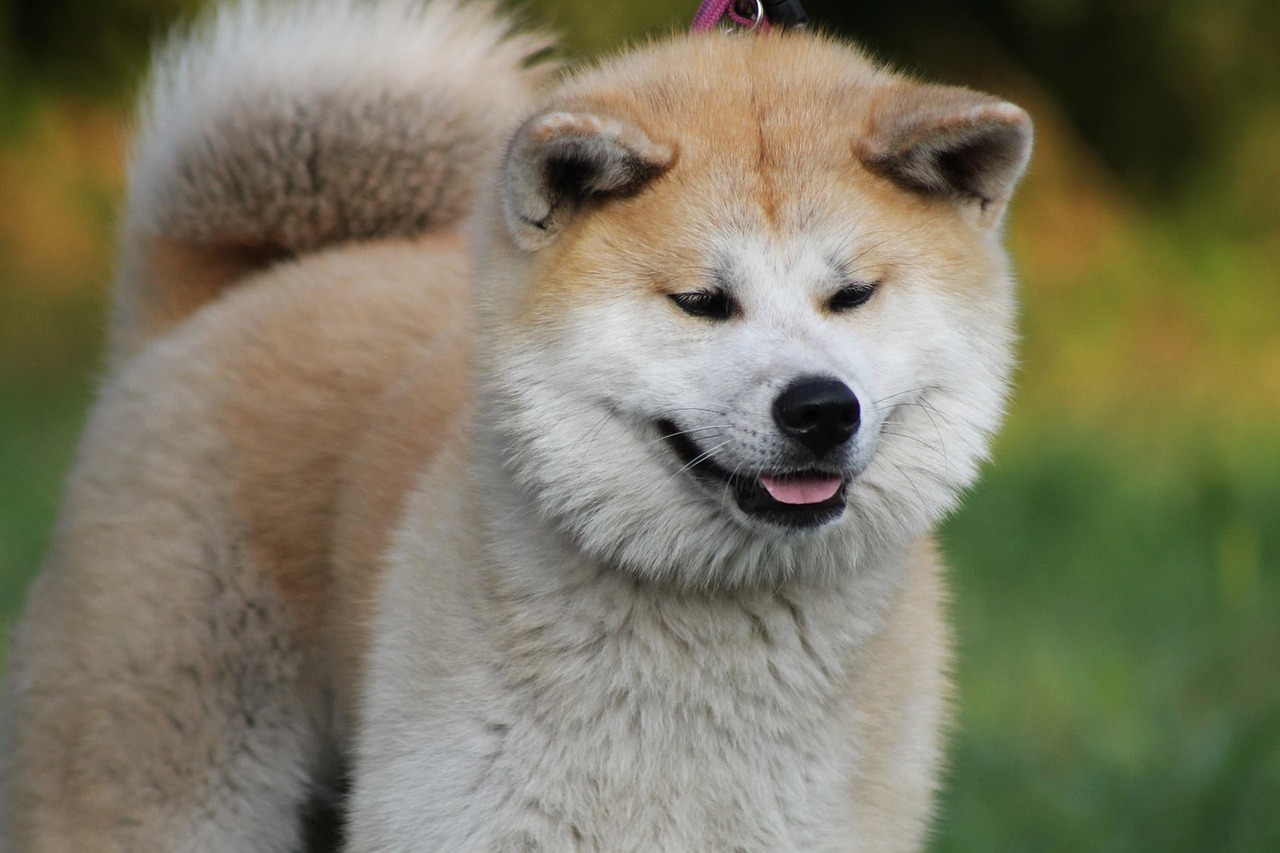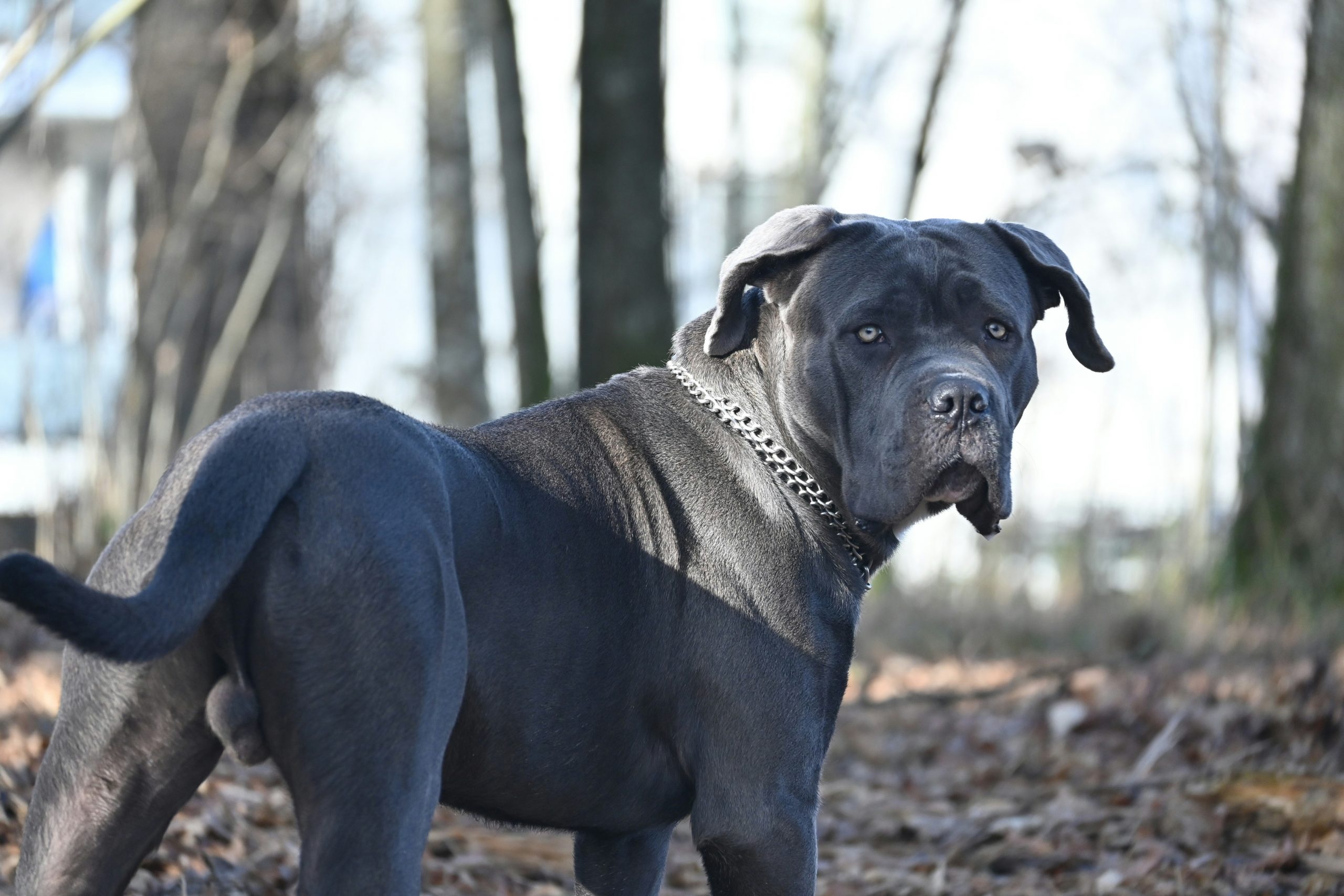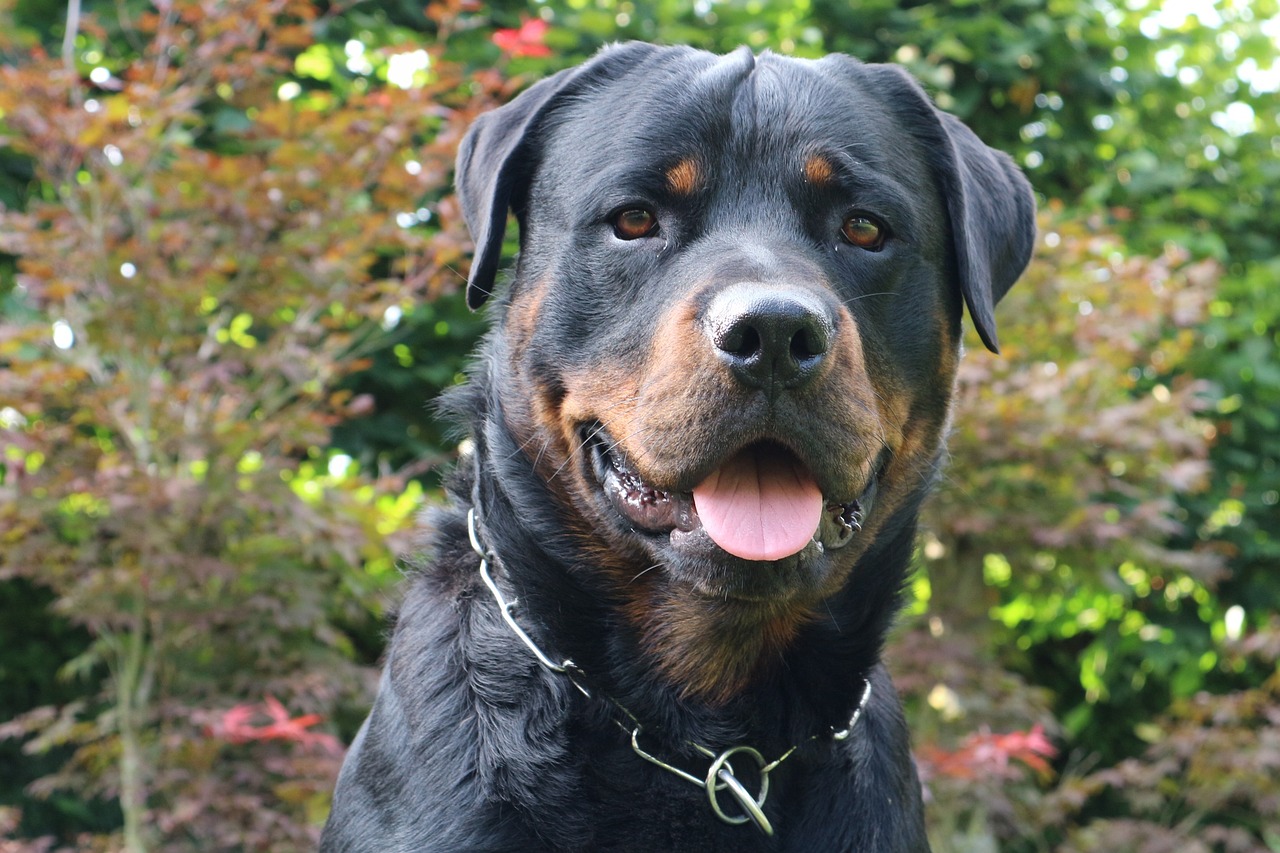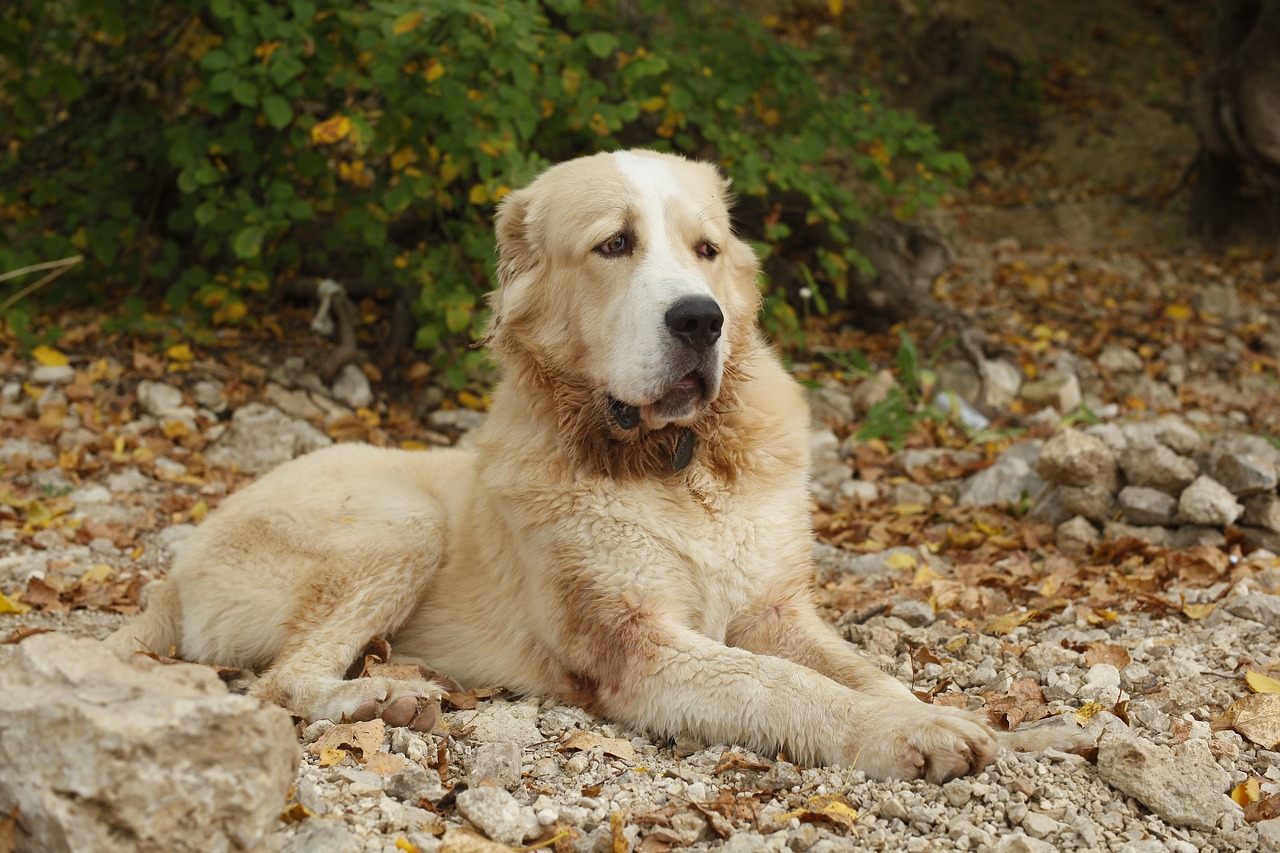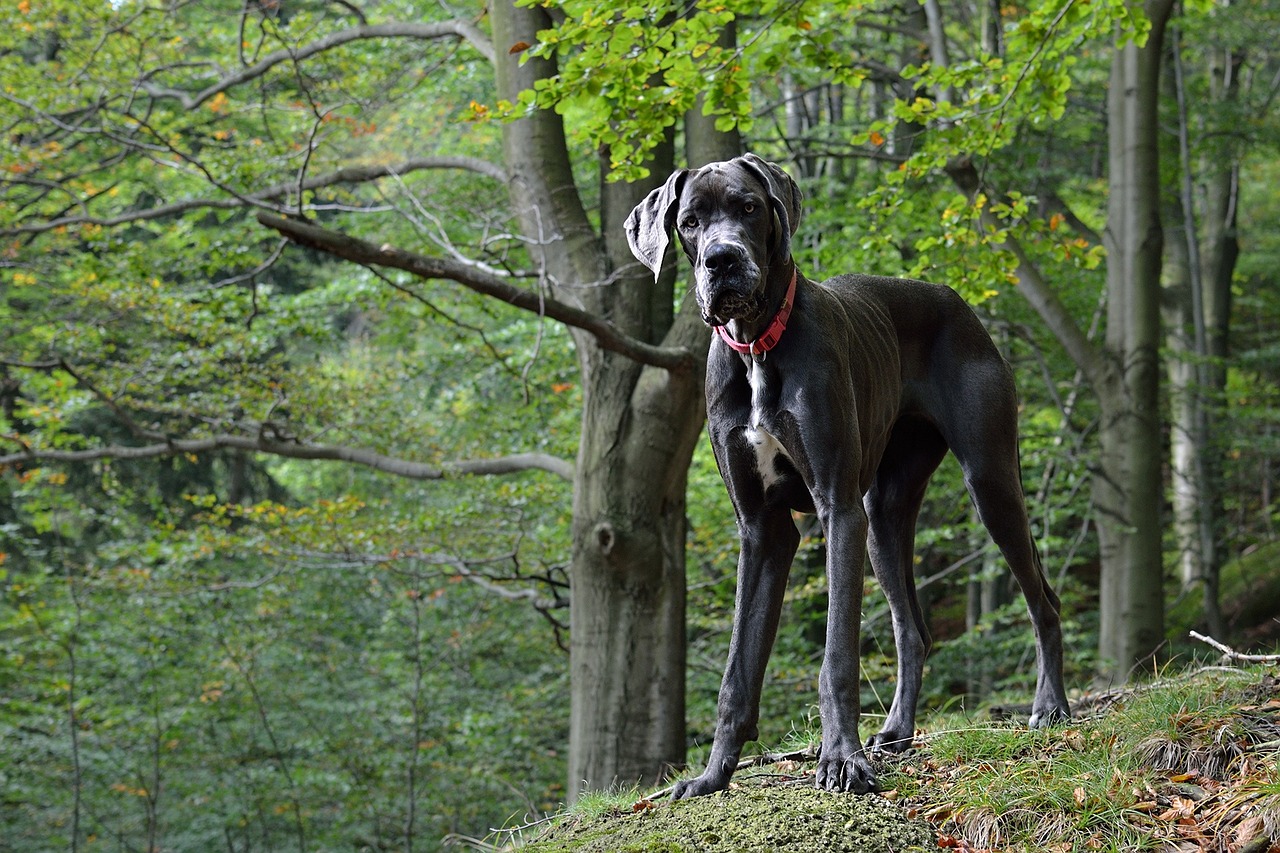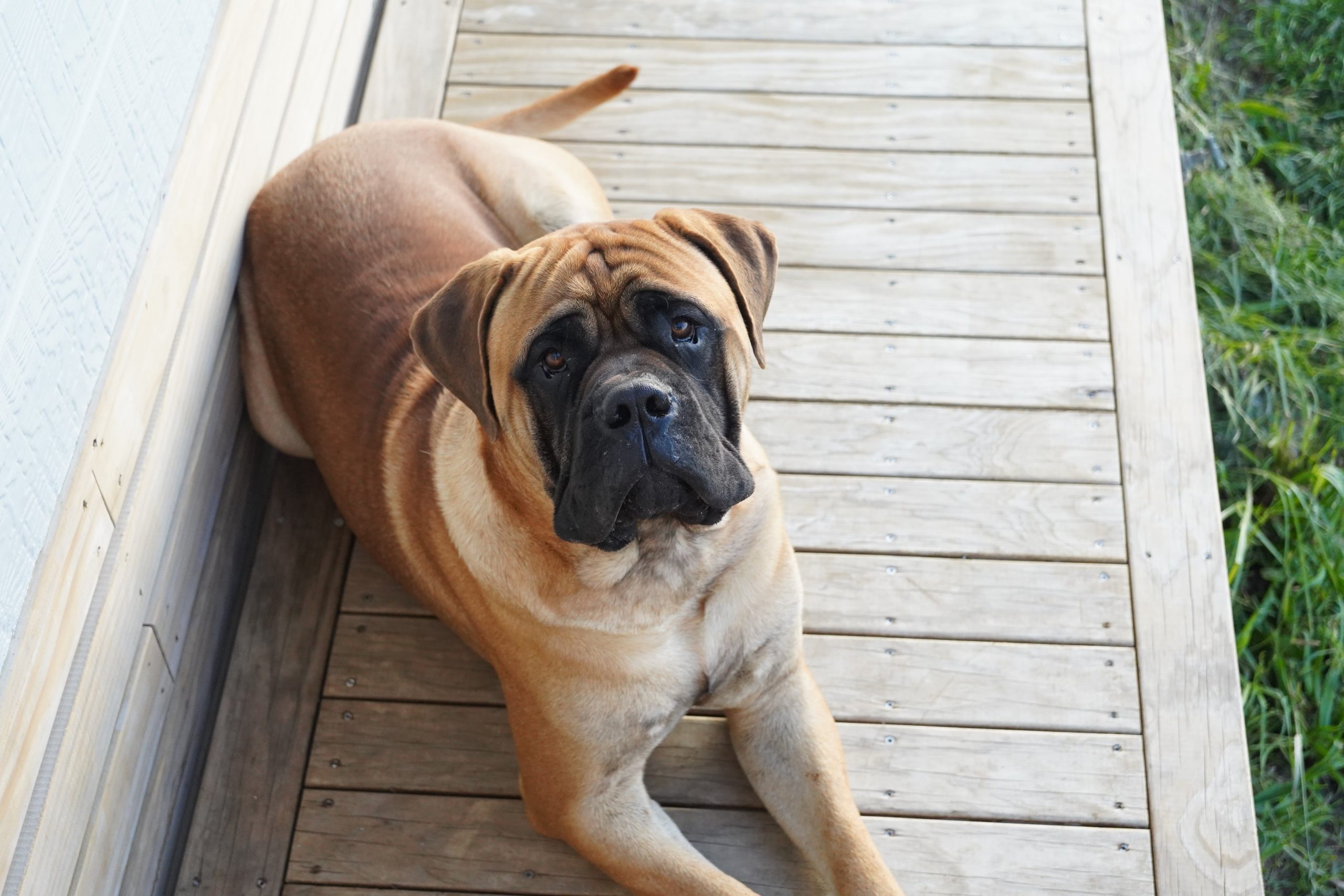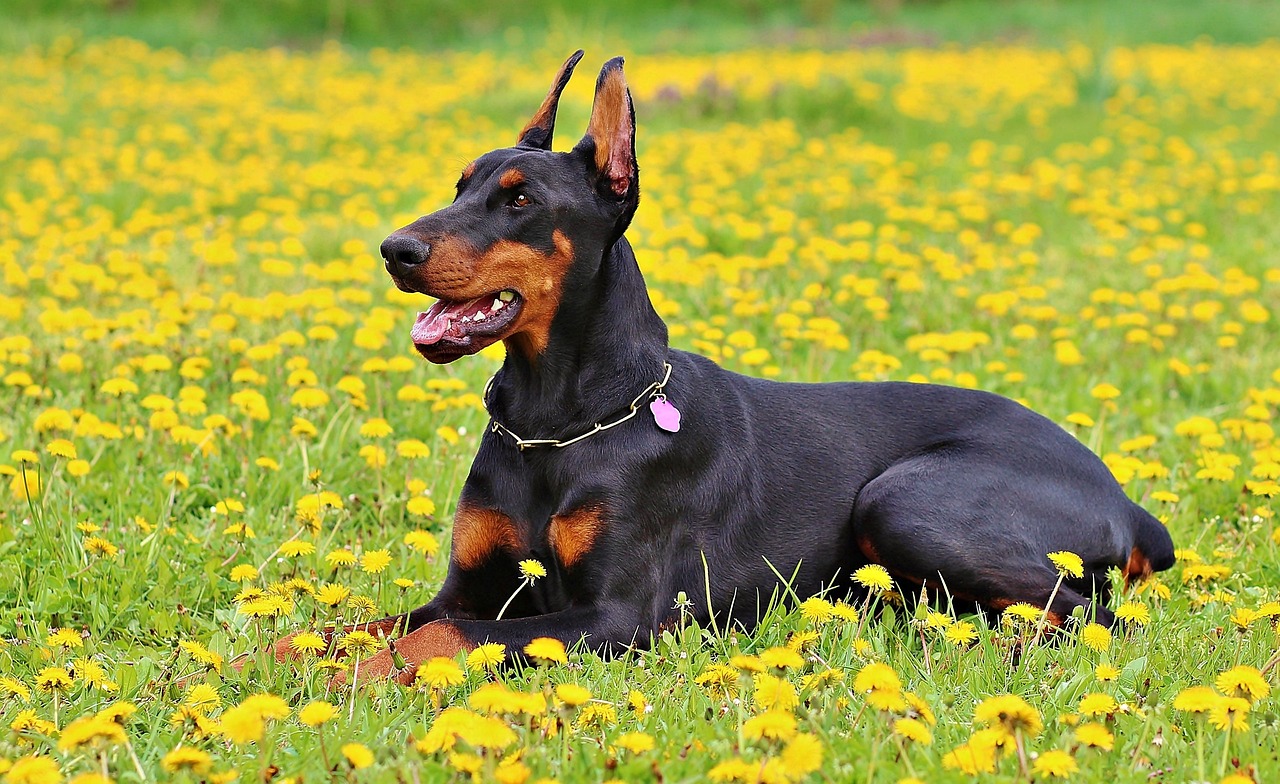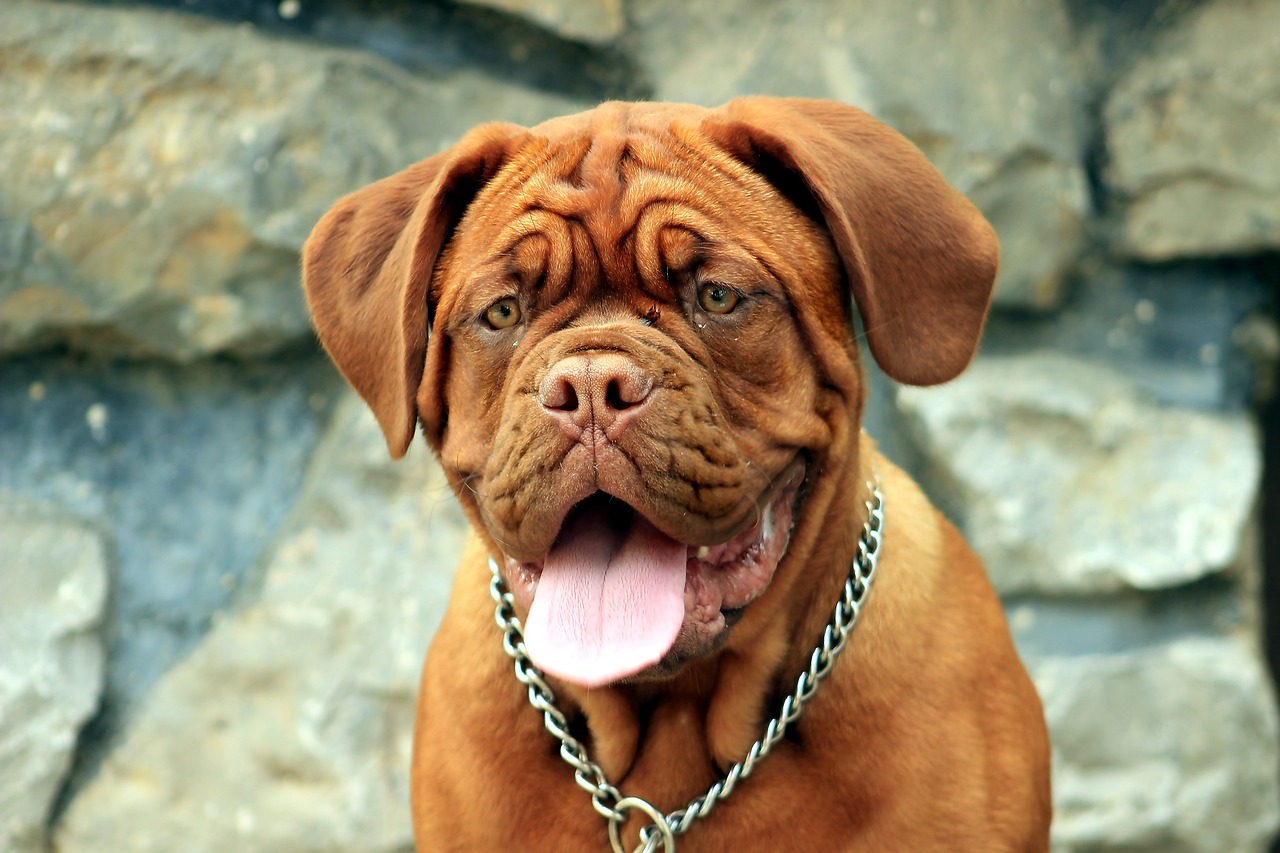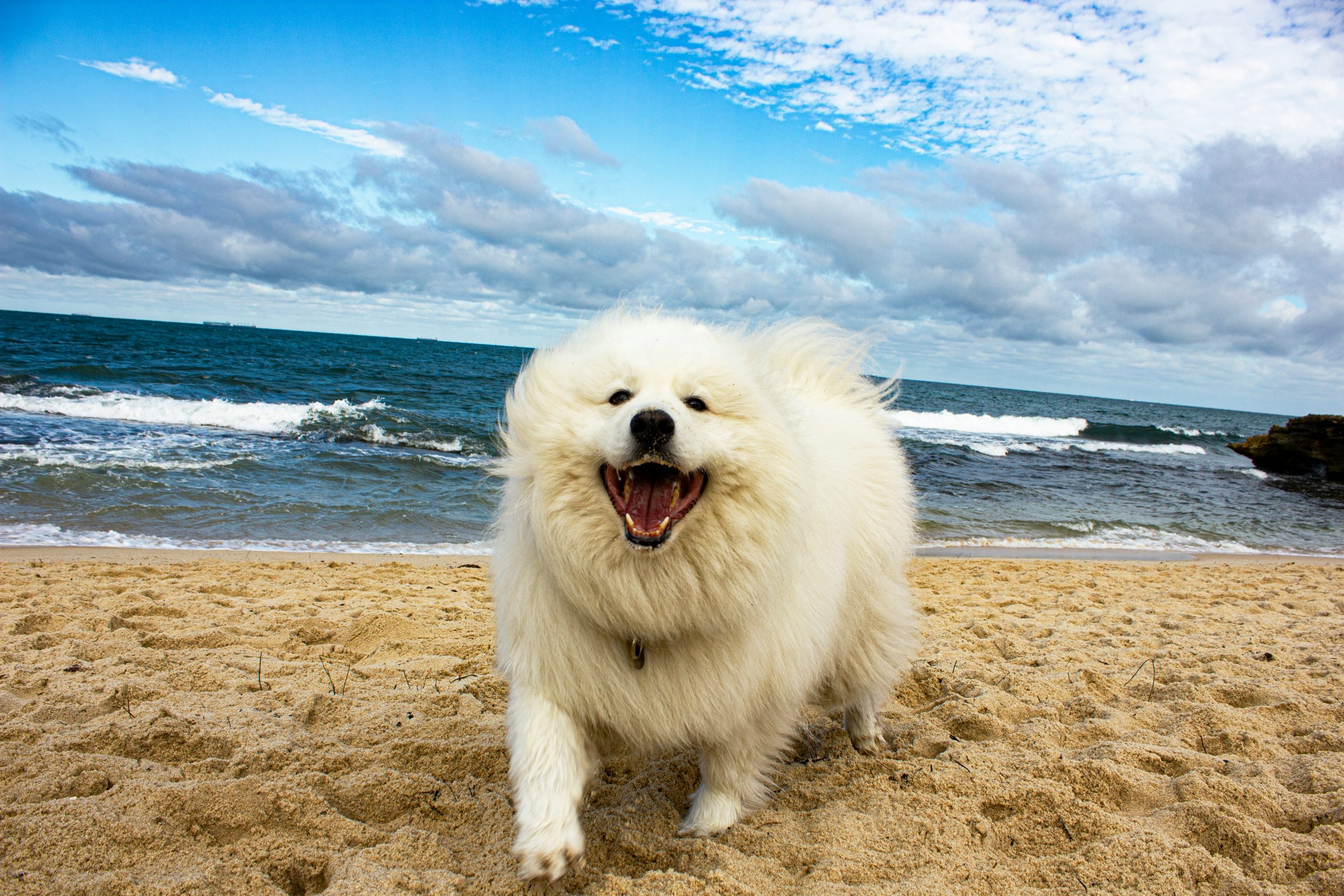The relationship between humans and dogs is ancient and profound, spanning thousands of years and evolving through countless generations. Among the myriad roles dogs have played in human societies, perhaps none is more primal and awe-inspiring than that of warriors and protectors. This article delves into the fascinating history of ten dog breeds whose lineage is steeped in the art of war and protection. These breeds were not just companions but crucial assets in battle and guardians of their human counterparts. Their size, strength, courage, and loyalty made them ideal for both offense and defense in times of conflict. From the steppes of Central Asia to the empires of ancient Rome, these dogs have shaped and been shaped by human warfare and guardianship.
1. Tibetan Mastiff
The Tibetan Mastiff is a formidable breed, known for its majestic appearance and indomitable spirit. Originating from the Himalayan Mountains, these dogs were bred by nomadic cultures to protect sheep from predators like wolves and leopards. The Tibetan Mastiff’s history as a protector is deeply ingrained, with their use extending to guarding monasteries and palaces. They are renowned for their fierce loyalty and imposing presence, which made them excellent deterrents against potential intruders. Their thick fur, powerful build, and natural instinct to guard made them invaluable to ancient warriors, serving both as sentinels and combatants. Despite their intimidating appearance, Tibetan Mastiffs are also known for their discerning affection towards their families, a trait that made them trusted companions in both war and peace.
2. Akita Inu
The Akita Inu is a breed of noble and ancient lineage, originating from the mountainous regions of northern Japan. These dogs were revered by the Samurai for their bravery, loyalty, and strength. They were often used in hunting and as protectors of the home and family. The Akita’s fearless nature and powerful build made them formidable adversaries to any foe, human or beast. Their thick double coat provided insulation against harsh climates, enabling them to perform in various terrains. The breed’s unwavering loyalty is epitomized by the famous story of Hachikō, an Akita who waited for his deceased owner for years, demonstrating the deep bond and protective nature inherent in these dogs.
3. Cane Corso
The Cane Corso is a robust and powerful Italian breed, tracing its roots back to ancient Rome. Originally bred as a war dog, the Cane Corso was used in battle for their agility, strength, and fearlessness. They were also employed in hunting large game and guarding property. Their muscular build, combined with a deep understanding of pack hierarchy, made them effective both in combat and as protectors of their human families. Cane Corsos were highly valued for their ability to intimidate enemies, yet remain calm and obedient to their handlers. This duality of fierce warrior and gentle guardian is what defines the Cane Corso and cements their place in history as both protectors and ancient warriors.
4. Rottweiler
Rottweilers have a storied history that intertwines with the Roman Empire. Originally bred to drive cattle to market, they were later utilized as guard dogs. Their strength, endurance, and intelligence made them ideal for protecting livestock and humans alike. In medieval Germany, Rottweilers were used to protect towns and carry money in neck pouches due to their unwavering loyalty and protective instincts. They are natural guardians, instinctively recognizing and responding to threats, making them invaluable in both ancient and modern times as protectors of families and property.
5. Central Asian Shepherd Dog
The Central Asian Shepherd Dog, also known as Alabai, is a breed whose history is interwoven with the nomadic cultures of Central Asia. Bred for guarding sheep against predators, these dogs are known for their courage, independence, and strength. Their robust build and weather-resistant coat were ideal for the harsh conditions of the steppes. Alabais were not only protectors of livestock but also of their human families, displaying a fierce loyalty and readiness to confront any threat. Their ability to make independent decisions in guarding and their fearless nature in the face of danger made them esteemed warriors and protectors among the nomadic tribes.
6. Great Dane
Great Danes, known for their immense size and elegant appearance, have a history that traces back to ancient Germany. They were originally bred for hunting wild boar, a dangerous and formidable task that showcased their bravery and power. In addition to hunting, Great Danes were also esteemed as guardians of estates and companions to nobility. Their intimidating size and deep bark made them excellent deterrents against intruders, while their gentle nature made them beloved family members. Great Danes symbolize a unique combination of graceful strength and protective instincts, qualities that made them valued protectors in both ancient and modern times.
7. Bullmastiff
The Bullmastiff is a breed that was developed in England in the 19th century, but its roots as a protector can be traced back to ancient times. They were originally bred by gamekeepers to guard estates against poachers, a role that required both stealth and strength. The Bullmastiff’s imposing presence and quiet demeanor made them perfect for this task, as they could apprehend intruders without causing harm. Their loyalty, courage, and natural protective instincts make them exemplary guardians. Despite their formidable appearance, Bullmastiffs are known for their gentle and affectionate nature with their families, embodying the essence of a gentle giant.
8. Doberman Pinscher
The Doberman Pinscher, a breed created in the late 19th century by a German tax collector named Louis Dobermann, was designed to be the perfect protector. Dobermann wanted a dog that was intelligent, loyal, and strong to accompany him during his collections. The resulting breed, the Doberman Pinscher, is a testament to these qualities. Dobermans were used in police and military roles, known for their fearlessness, agility, and sharp intelligence. They are natural protectors, always alert and ready to defend their loved ones. Their sleek build and keen senses made them excellent in both offensive and defensive roles, embodying the qualities of ancient warrior dogs in a modern form.
9. Dogue de Bordeaux
The Dogue de Bordeaux, also known as the French Mastiff, is a breed with a history as a guardian and protector dating back to ancient France. These dogs were used to guard estates, hunt big game, and even engage in battle. Their massive build and fearless nature made them formidable opponents against any threat. The Dogue de Bordeaux’s loyalty and protective instincts are deeply ingrained, making them exceptional guardians. Despite their intimidating size and strength, they are known for their gentle demeanor and affectionate nature with their families, highlighting the dual nature of their character as both protectors and gentle companions.
10. Komondor
The Komondor, with its distinctive corded coat, originates from Hungary, where it was primarily used as a livestock guardian. Bred to protect sheep from wolves and other predators, the Komondor’s unique appearance provided camouflage among the flock. This breed is known for its independence, strength, and vigilance, traits that were essential for the role of a protector in ancient times. The Komondor’s loyalty to its charge and its fearless disposition in the face of danger make it a living symbol of the guardian breed, an ancient warrior in the pastoral fields.
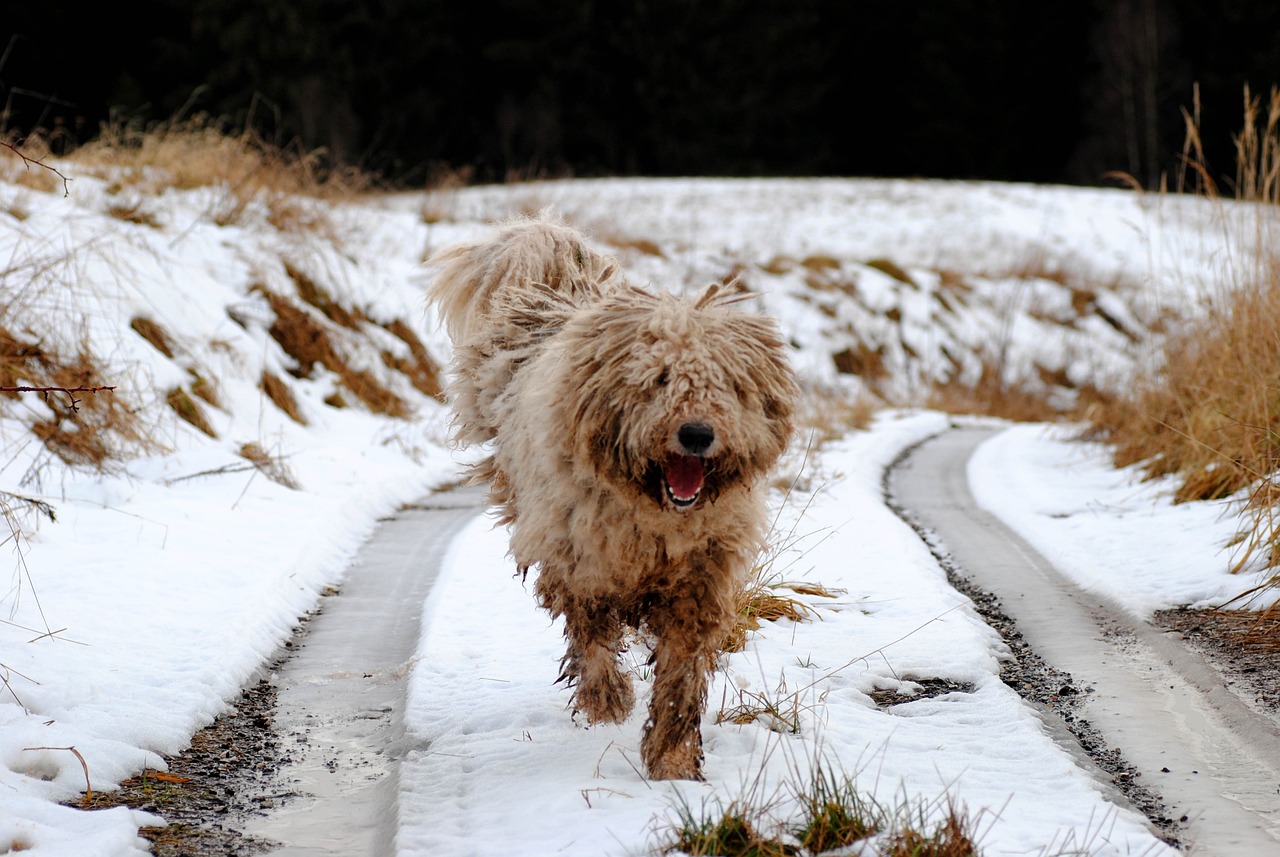

Each of these ten breeds holds a special place in the tapestry of human-canine history. They represent the quintessential qualities of ancient warriors and protectors: strength, loyalty, courage, and the unbreakable bond with humans. These dogs have not only served humans in times of war and peace but have also enriched our lives with their unwavering companionship and protection. Their stories and legacy continue to inspire us, reminding us of the profound and enduring connection between humans and their loyal canine companions.
